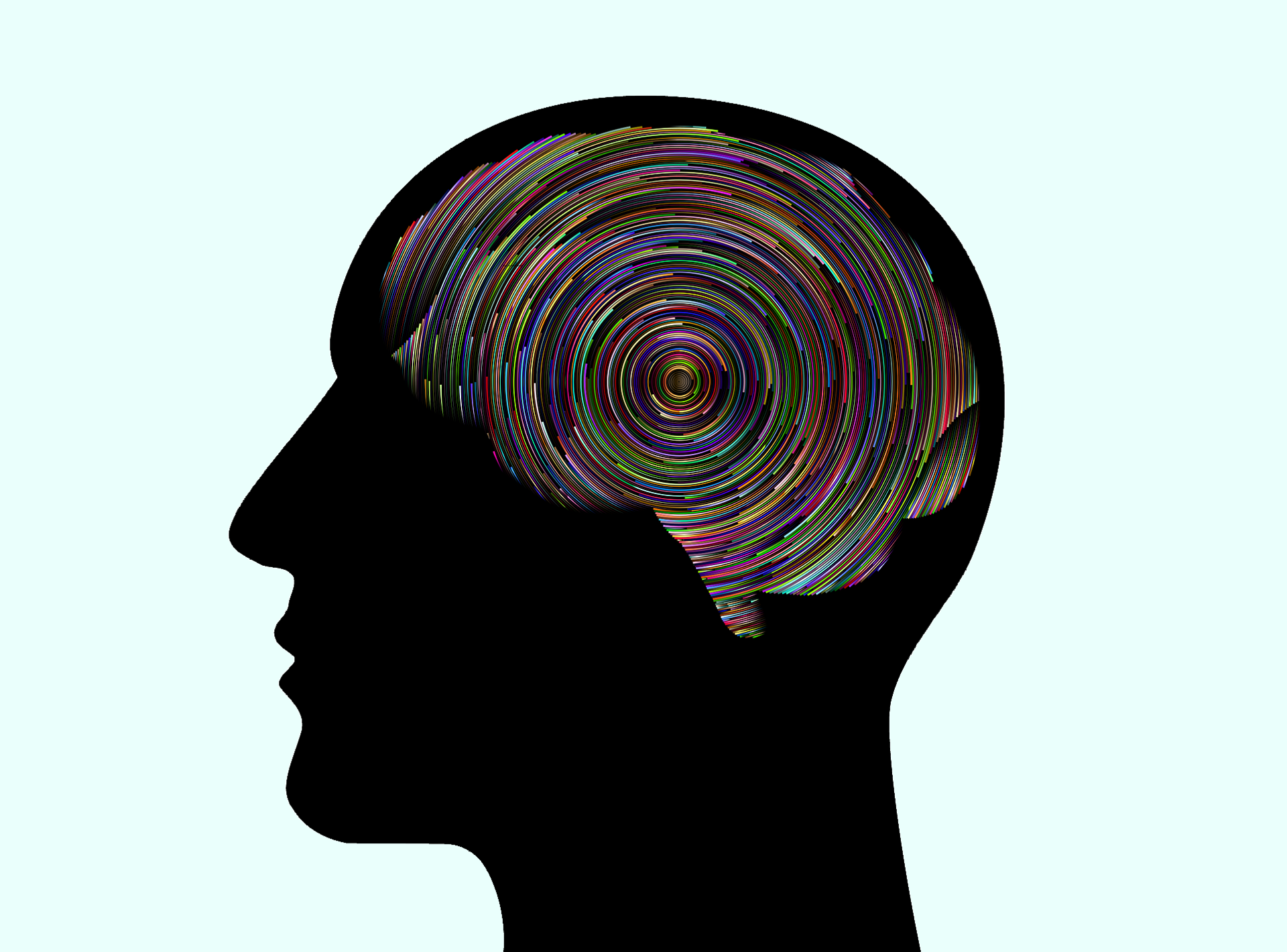 Dr Jeremy Tannenbaum answers key questions on the use of psychedelics for medical treatment.
Dr Jeremy Tannenbaum answers key questions on the use of psychedelics for medical treatment.
Psychedelics have been in use since prehistoric times for ceremonial and medicinal purposes. Their therapeutic applications were explored in tens of thousands of patients around the world in the 1950s and 60s prior to ‘The War on Drugs’. There has been a resurgence of interest in their therapeutic potential for a wide range of conditions since the 1990s.
Psychedelics include a group of fungal and plant derived alkaloids, such as Psilocybin or Mescaline, as well as other synthetic substances such as Methylenedioxymethamphetamine (MDMA) and ketamine. Psychedelics are known to cause profound changes in perception, cognition, mood and sense of self.
More than 160 clinical trials have been published in the modern era and at least a further 100 trials are currently underway. These studies are exploring the potential of psychedelics drugs to address disorders including:
- Post-traumatic stress disorder
- Depression, including treatment resistance
- End of life anxiety, depression and existential distress
- Alcohol and substance use disorder
- Social anxiety in autism spectrum disorder
- Eating disorders including anorexia nervosa
- Headache conditions such as migraine and cluster headache
Dr Jeremy Tannenbaum, a psychiatrist and trainee specialist pain management physician at Hollywood Consulting Centre, The Anodyne Centre and Fiona Stanley Hospital answers some key questions about their potential in medical practice.
Q: What is the best evidence so far for the efficacy of psychedelics? (what conditions seem to show the best evidence of efficacy by psychedelic treatment)
A: Ketamine is already approved for the treatment of depression in the US. Clinical trials with other psychedelics have largely focused on their use in conjunction with psychotherapy, so-called psychedelic-assisted psychotherapy. The strongest emerging evidence is for MDMA-assisted psychotherapy for post-traumatic stress disorder and psilocybin-assisted psychotherapy for depressive disorders and for depression, anxiety and distress related to end-of-life conditions such as cancer.
Q: Do patients really benefit from the use of psychedelics drugs? What is the evidence so far?
A: Psychedelics appears to be highly effective for a significant number of patients that have not responded to traditional psychiatric and psychological treatment options, including chronic PTSD and depressive disorders. Ketamine is already approved for the treatment of depression in the US and further studies are looking at this combined with psychotherapy. There are certainly significant limitations in the available research, including small samples sizes and incomplete blinding, however, many trials show significant promise and indicate very large effect sizes compared with placebo.
Q: Are psychedelics safe? What are some common side effects and how do they compare to other drugs?
A: Modern clinical trials have not demonstrated major adverse events in over 4000 patients. There are a number of common transient adverse effects including nausea, tachycardia, increased body temperature (with MDMA), headache and acute anxiety or panic symptoms. Trials have not been powered to identify rare adverse effects, for example psychosis or hallucinogen-persisting perception disorder, which historically has been primarily related to LSD and may occur in around 1:50,000 cases. People with a personal or family history of psychosis are excluded from trials. Cardiovascular toxicity is a concern particularly with ibogaine. ‘Bad trips’ occur in around 11% of cases but are not always considered as wholly aversive experiences. Suicide and self-harm have not been seen at higher rates under psychedelic conditions in clinical trial data.
Q: What do psychedelics do to your brain exactly? Does it change how your brain works?
A: The classical psychedelics such as psilocybin and LSD are potent serotonin (5-HT) 2A receptor agonists, most densely distributed in Layer V pyramidal neurons of high-level cortex. There are a range of other important effects involving various 5-HT receptors, the sigma 1 receptor, catecholamine reuptake inhibition and increased oxytocin with MDMA, for instance. Ketamine is a non-competitive NMDA receptor antagonist. Psychedelics also increase neuroplasticity and have immunomodulatory properties. Further, there are transient disruptions in discrete functional networks of the brain, such as the default mode network (DMN), considered responsible for self-referential mental activity or ‘ego’, with a concomitant increase in global interconnectivity. MDMA appears to cause fear extinction via effects on the amygdala, diminishes negative emotions and increases prosocial behaviour and trust, improving engagement in trauma-based therapy. The subjective effects of psychedelics are frequently reported as amongst the most profound experiences of people’s lives, often described as a ‘reset’ or transformative experience. Other common themes include acceptance, ego dissolution and insights into self and others.
Q: Do psychedelics drugs influence creativity? How so?
A: There are many thousands of anecdotal reports of increased creativity with psychedelics. Many of our famous artists have described psychedelic experiences as an important inspiration for their works, including author Aldous Huxley, amongst many others. Conceivably, the psychedelic experience via the above mechanisms may lead to perceived increases in creativity by delimiting normally rigid cognitive patterns. However, creativity is difficult to study and the subjective effects of microdosing (often a tenth or less of the full psychedelic dose), for example, were not different from placebo in a recent study.
Q: Can you currently prescribe psychedelics drugs in Australia? If so, what is the pathway?
A: Psychedelics remain prohibited Schedule 9 substances. There have been a number of Special Access Scheme-B approvals in Australia, but to my knowledge state regulations prohibit access outside of approved clinical trials. Ketamine is a schedule 8 and already widely used for acute and chronic pain management. The use of ketamine for depressive disorders is likely to grow. The TGA has commissioned an independent review into downscheduling of MDMA and psilocybin to Schedule 8. In addition to further clinical research, we need to develop accredited training and education for psychiatrists and psychotherapists, as well as considering the need for unique regulatory frameworks, clinical models and guidelines to ensure that if and when these are introduced, we do it safely and sensibly, not putting the ‘cart before the horse’.

